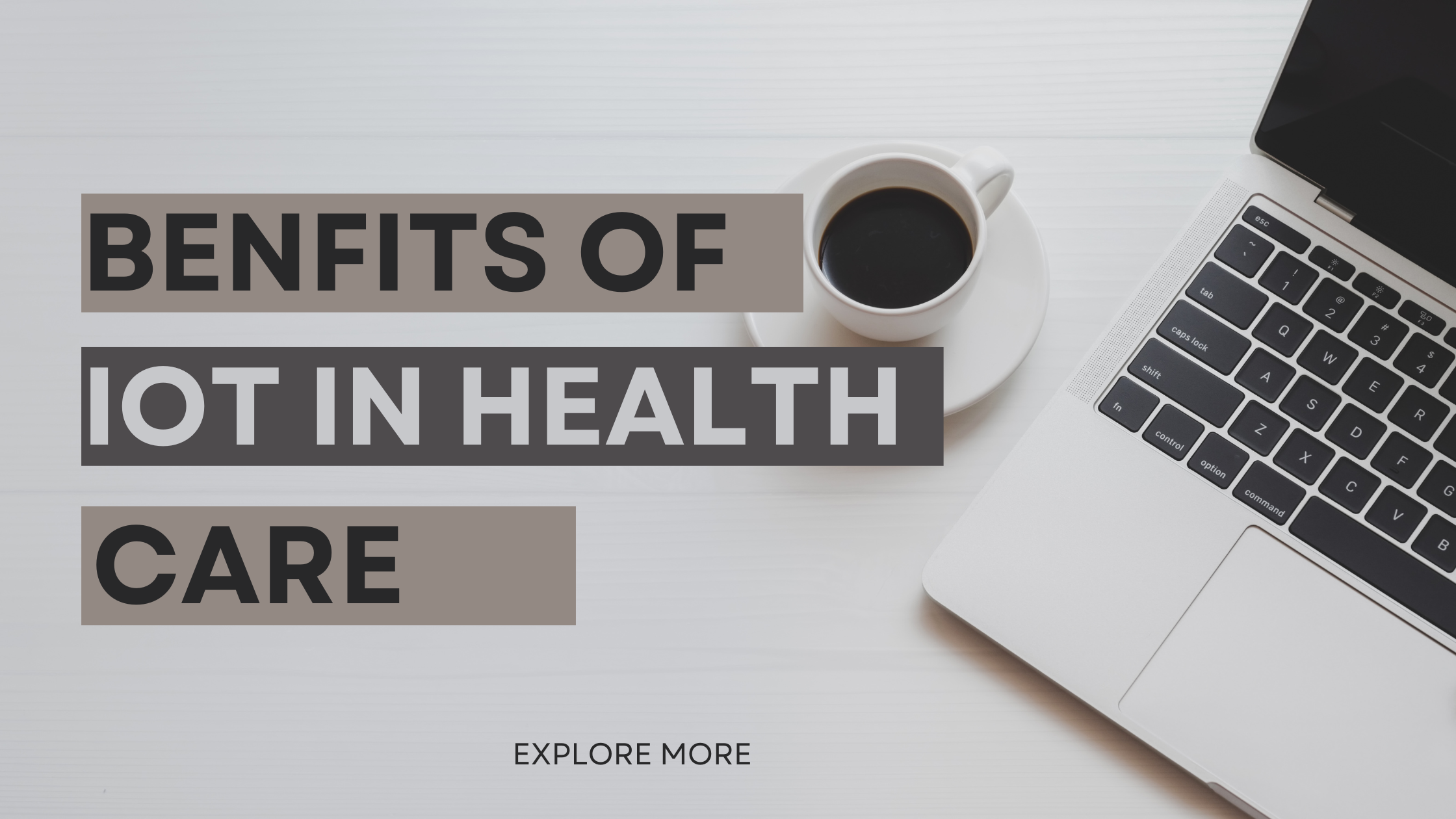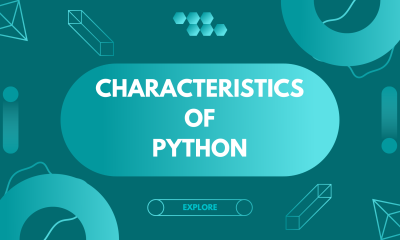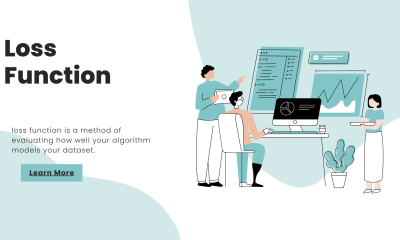Tech
Unveiling the Complexities: A Comprehensive Analysis of the Disadvantages of IoT in Healthcare

Introduction: The revolutionary integration of the Internet of Things (IoT) in the healthcare sector has undeniably transformed the landscape of patient care and management. However, this technological advancement is not without its challenges. In this in-depth exploration, we delve into the multifaceted disadvantages of IoT in healthcare, shedding light on the intricacies that demand careful consideration for the sustainable and secure implementation of IoT technologies in the healthcare ecosystem.
- Security Vulnerabilities and Data Breach Risks: The interconnected nature of IoT devices in healthcare infrastructure amplifies the risks of security breaches and data leaks, exposing sensitive patient information to potential cyber threats. The imperative to fortify network security and data protection mechanisms has become paramount in light of the escalating sophistication of cyberattacks targeting healthcare systems.
- Fragmented Interoperability and Integration Hurdles: The lack of standardized communication protocols among diverse IoT devices and platforms poses significant challenges to seamless data integration and interoperability within healthcare settings. This fragmentation often results in data silos, inhibiting the efficient exchange of critical patient information and impeding the delivery of comprehensive and coordinated care.
- Unreliable Data Accuracy and Integrity: Despite the advancements in IoT technology, concerns persist regarding the reliability and accuracy of data collected from interconnected devices. Inaccurate sensor readings, data transmission errors, and device malfunctions can compromise the integrity of patient health data, leading to erroneous diagnoses and treatment decisions that may potentially endanger patient safety and well-being.
- Stringent Regulatory Compliance and Privacy Obligations: The intricate regulatory landscape governing the use of IoT devices in healthcare demands strict adherence to data privacy regulations, such as the Health Insurance Portability and Accountability Act (HIPAA) and the General Data Protection Regulation (GDPR). Non-compliance with these regulations can result in severe legal repercussions and reputational damage for healthcare institutions, underscoring the critical importance of robust compliance frameworks and comprehensive data governance practices.
- Significant Infrastructure Costs and Maintenance Expenditure: The substantial investments required for the initial deployment and ongoing maintenance of IoT infrastructure in healthcare facilities can pose considerable financial burdens for healthcare providers, particularly those with limited resources and budget constraints. The continual need for hardware upgrades, software updates, and skilled technical support further compounds the overall operational costs, necessitating prudent financial planning and resource allocation strategies.
- Ethical Dilemmas and Patient Privacy Concerns: The pervasive use of IoT devices raises ethical dilemmas surrounding patient consent, data ownership, and the ethical use of patient-generated data for research and commercial purposes. Striking a balance between leveraging data-driven insights and safeguarding patient privacy rights is a delicate ethical challenge that underscores the necessity for transparent policies and ethical guidelines to regulate the responsible utilization of patient data within the healthcare domain.
Conclusion: While the integration of IoT in healthcare has ushered in an era of unprecedented innovation and efficiency, understanding and mitigating the associated disadvantages is crucial to ensure the sustainable and secure advancement of IoT technologies in healthcare. By addressing the challenges pertaining to security vulnerabilities, interoperability, data accuracy, regulatory compliance, infrastructure costs, and ethical considerations, healthcare stakeholders can foster a resilient and ethically sound IoT ecosystem that prioritizes patient welfare, privacy, and the delivery of uncompromised healthcare services.






